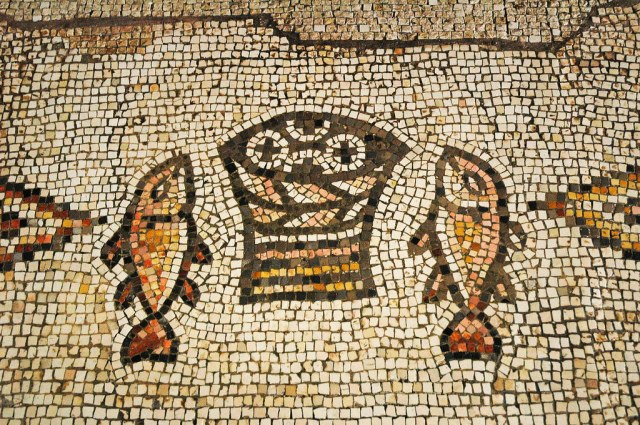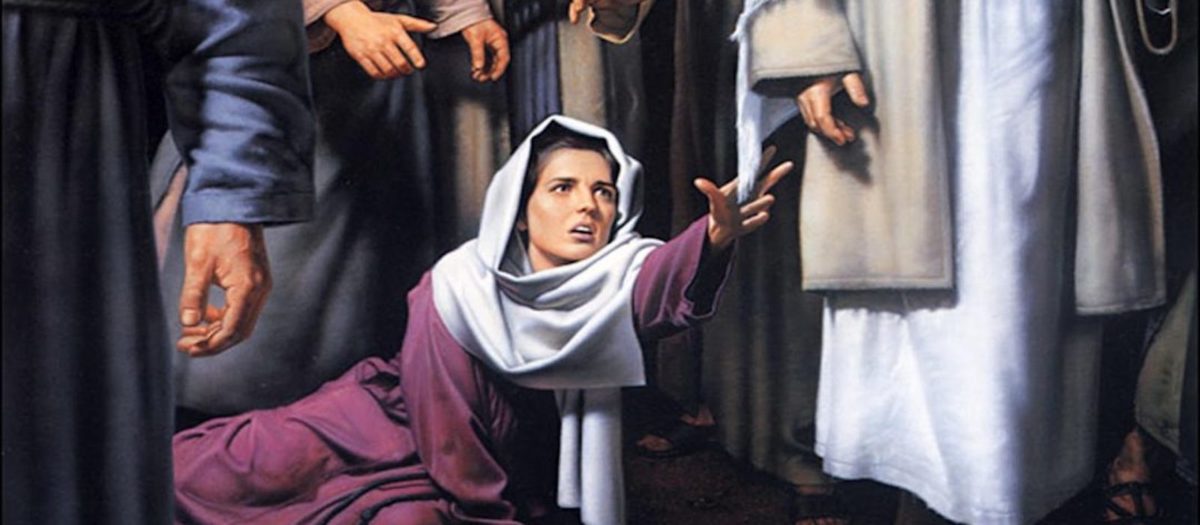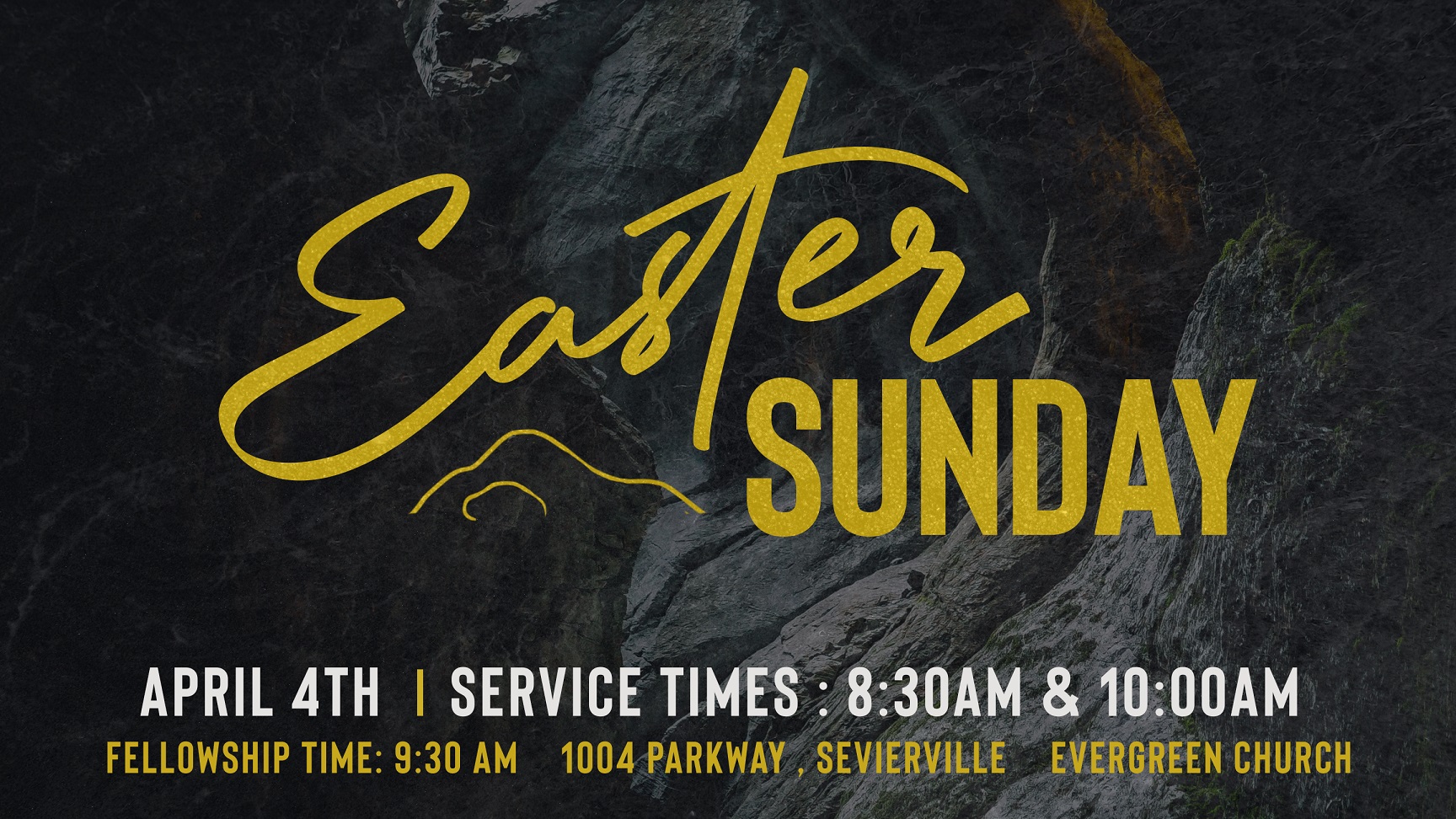[Listen to an audio version here]
The Fundamental Problem
 When kids are little, few things are more exciting than a visit from the grandparents. They greet these visitors with an eagerness that warms the heart. But this doesn’t last forever. These same kids get busy with life and other things get their attention. They may still love their grandparents, but the relationship changes. When this chapter of life closes, it’s easy to look back on it with a joy mixed with sadness. You realize that life has moved on.
When kids are little, few things are more exciting than a visit from the grandparents. They greet these visitors with an eagerness that warms the heart. But this doesn’t last forever. These same kids get busy with life and other things get their attention. They may still love their grandparents, but the relationship changes. When this chapter of life closes, it’s easy to look back on it with a joy mixed with sadness. You realize that life has moved on.
The sadness we feel at loss points to the final loss. All changes point to the final change when death closes all chapters. Alfred Lord Tennyson said, “But every hour is saved from that eternal silence, something more, a bringer of new things. Death closes all.” Death is the final loss that all losses point to.
This is what the Apostle Paul addressed in his letter. Their friends, their close companions, had departed this world. The Thessalonian Christians were, understandably, sad. They had embraced the faith, and now their friends had died. They were mourning, and they were not sure what to think of it. The ever present power of death still seemed to be at work in spite of the resurrection of Christ.
To understand this, we should consider that there is an even more basic problem than death. It is the judgment of God. God’s holiness shatters all our delusions of righteousness. We can compare ourselves to others and believe that we are better, but in the light of the holiness of God, we all stand equally condemned before the throne of God.
In this political season, we can easily demonize one side or the other. “Demonize” is a good description of what we tend to do. This is not to say that one side is not more righteous than the other, but it is always good to remember that in light of the judgment of God, Democrats and Republicans alike stand condemned for our our own pride and sins before the holy throne of God’s judgment.
The day of the Lord is the word the Bible uses to describe the final judgment, when all of the world will be evaluated according to God’s standard and weighed in the balance. The question of the day of the Lord is always this, how will anyone survive, since all are sinful and deserve God’s wrath?
And none of us knows the time when we will be summoned before the throne of God. We do not know the time of our death. You may take all the precautions and avoid COVID, and you may die on the way home. You may wake up dead tomorrow. This is hard for us to hear, but it is one of the most important facts of life.
That is how the day of the Lord is. It comes like a thief. The thief doesn’t call you and give you a date and time when he will rob your home. He comes at a time you least expect it. That’s how death is and that is how the day of the Lord will be.
In light of these facts, we might wonder, is there any hope?
The Glorious Hope
Indeed. There is. A glorious one.
The first aspect of our hope is that we know the day of the Lord is coming. “But you, brothers and sisters, are not in darkness so that this day should surprise you like a thief. You are all children of the light and children of the day. We do not belong to the night or to the darkness” (1 Thess. 5:4–5). We don’t need to be in the dark. We know the day of the Lord is coming.
Second, the good news is that we are not appointed to receive wrath. “For God did not appoint us to suffer wrath but to receive salvation through our Lord Jesus Christ” (1 Thess. 5:9). We might expect wrath and condemnation because of our sin, but that will not be our end. The Lord will come to end our suffering not give us over to suffering.
Now, we must add, this is only true for those who have accepted Jesus as their representative before God. Whoever believes in the Lord Jesus Christ will be saved. Christ has made the sacrifice, but we must accept it. It is only those who are anticipating Christ’s return who will be saved from the wrath of God. Is that you? Where do you stand? You may enjoy community at church or feel good about being here, but have you given yourself to Jesus and accepted Him as the one who saves you? Remember. The day comes like a thief. You need to be ready.
The third aspect of the hope is that we will be with the Lord. “He died for us so that, whether we are awake or asleep, we may live together with him” (1 Thess. 5:10). God tells us what it will be like when Jesus comes again:
For the Lord himself will come down from heaven, with a loud command, with the voice of the archangel and with the trumpet call of God, and the dead in Christ will rise first. After that, we who are still alive and are left will be caught up together with them in the clouds to meet the Lord in the air. And so we will be with the Lord forever. (1 Thess. 4:16–17).
We will always be with the Lord. He died for us not only to save us from our sins but also because He values us so much that He wants to experience our presence to all eternity. Jesus love you and values you that much! Don’t let anyone look down on you!
This past week, I had the great privilege of witnessing the marriage of a cousin on my Mother’s side. She was the last of my generation to get married, and now all of us are married. Marriage is a beautiful thing. One of the things that we say in our wedding vows is, “Until death do us part.” We can only commit as long as life lasts.
With Jesus, it is not like that. He wants to be with us forever. We are united with Him forever to enjoy Him, the person who fulfills all our desires for fellowship and friendship and loves us and values us more than we can imagine. That’s the relationship He wants to have with us.
That doesn’t mean that we will go there alone. That is the fourth aspect of this hope. One thing Paul emphasizes is that though the Thessalonian Christians may mourn their Christian friends who have died, they do not need to mourn as those who have no hope. We will all be together with the Lord. That’s a great hope.
Our Appropriate Response
So, how should this affect us? How should this change our lives? Paul has very practical instruction that is immediately applicable to each one of us right now, today.
First, we need mental space. Last week, I went camping up at Indian Boundary by myself. There was zero cell phone reception. It was really strange not to be able to text people when I thought about it and not to hear from anyone or be able to look things up I had questions about. But it was good. It allowed me some extra mental space.
Every bit of growth we experience comes from this extra space. The Bible will not necessarily say, “clear mental space,” but it presupposes it. Everything it tells us to do requires time and mental energy. Unless we have that, we will not be able to grow.
Second, we need to use that mental space to think about the big issues of life, including death. What would happen if you died today? If you die 30 years from now, what would you have wanted to do with it? What would be a good life? We’ve got to think about these questions in order to live well. I tend to think we should consider each day as a completed whole. We should think of this day as in some ways as our last and live it doing what our Lord would want us to do. We should lay our head down on our pillow ready to meet the Lord, if He should call us home.
Third, we should develop the virtues that lead us to hope. We need to tell ourselves the stories of God’s love for us. We need to tell ourselves the story of God’s interest in us. We need to tell ourselves of the stories of God’s eternal plan for us. We need to take these stories in deep and receive them with all our hearts. That’s what it means to put on faith, hope, and love as armor. The Apostle Paul says, “But since we belong to the day, let us be sober, putting on faith and love as a breastplate, and the hope of salvation as a helmet” (1 Thess. 5:8). Like armor protects a soldier from the missiles of the enemy, so faith, hope, and love enable us to keep moving forward in the face of the opposition that can keep us from becoming what God has called us to be.
Finally, we don’t do this alone. Growth is a communal activity. At the end of 1 Thess. 4, the Apostle Paul says, “Therefore encourage one another with these words.” He gives further explanation and then says again, “Therefore encourage one another and build each other up, just as in fact you are doing” (1 Thess. 5:11). So, let’s help each other. Let’s encourage one another, as we are doing. Let’s not run from the reality of death, but let’s encourage one another that in the face of this ultimate suffering, we have a glorious hope! That’s something we can and should do . . . today. Amen.
________
Photo by bing an on Unsplash





 When kids are little, few things are more exciting than a visit from the grandparents. They greet these visitors with an eagerness that warms the heart. But this doesn’t last forever. These same kids get busy with life and other things get their attention. They may still love their grandparents, but the relationship changes. When this chapter of life closes, it’s easy to look back on it with a joy mixed with sadness. You realize that life has moved on.
When kids are little, few things are more exciting than a visit from the grandparents. They greet these visitors with an eagerness that warms the heart. But this doesn’t last forever. These same kids get busy with life and other things get their attention. They may still love their grandparents, but the relationship changes. When this chapter of life closes, it’s easy to look back on it with a joy mixed with sadness. You realize that life has moved on.